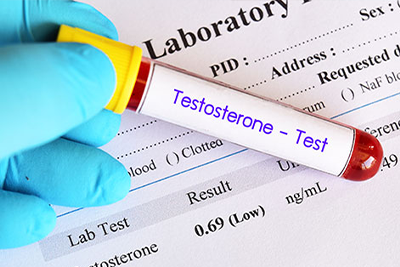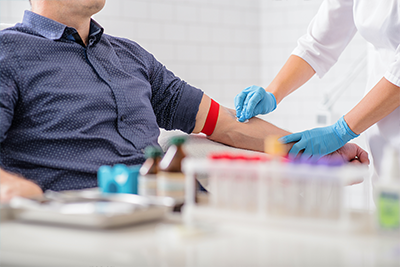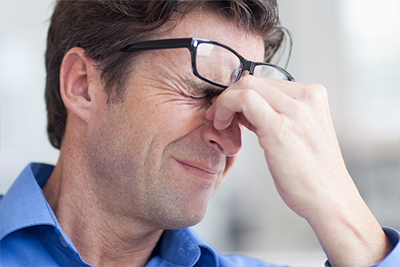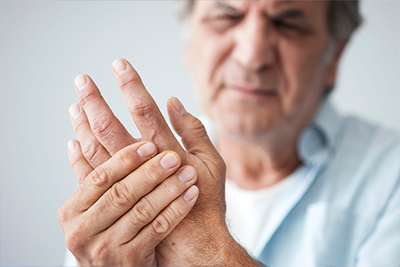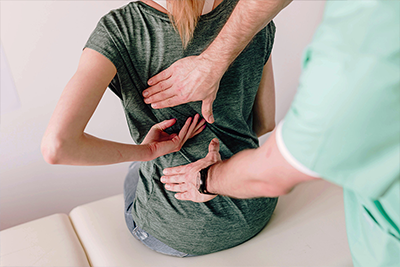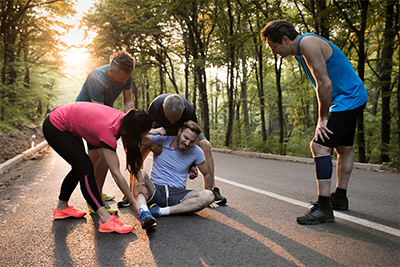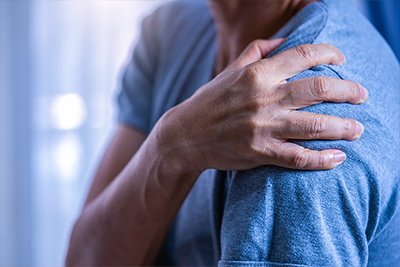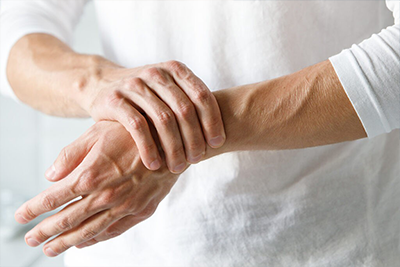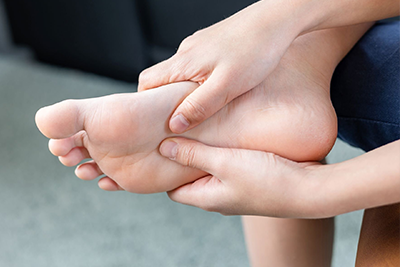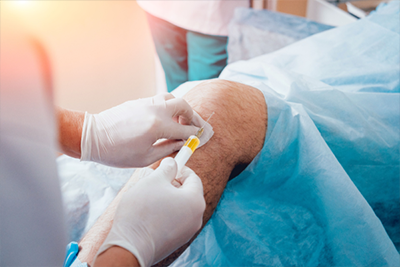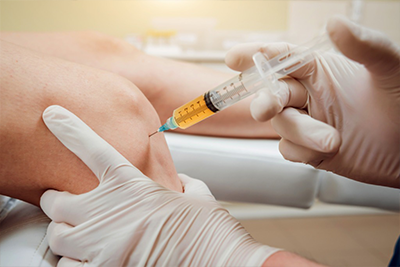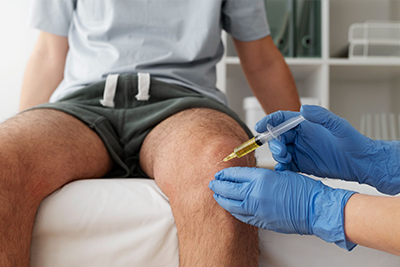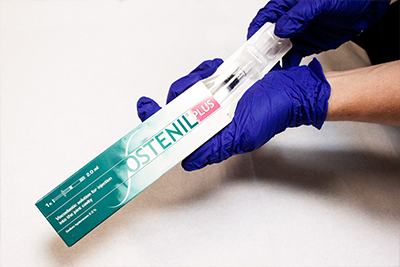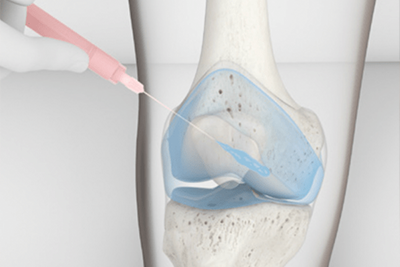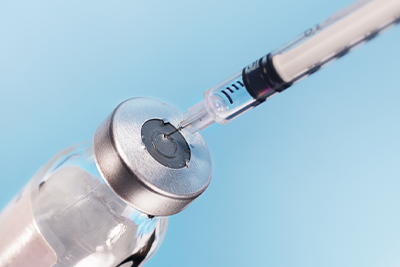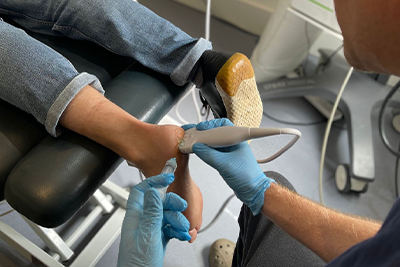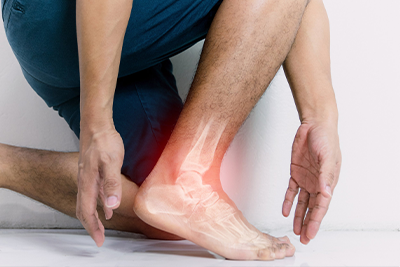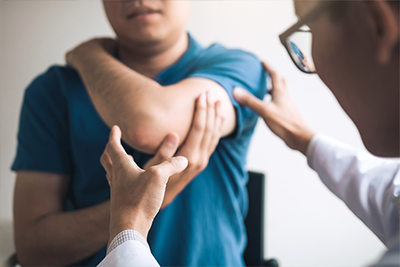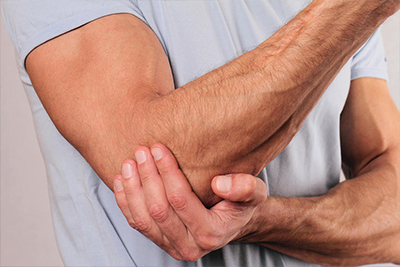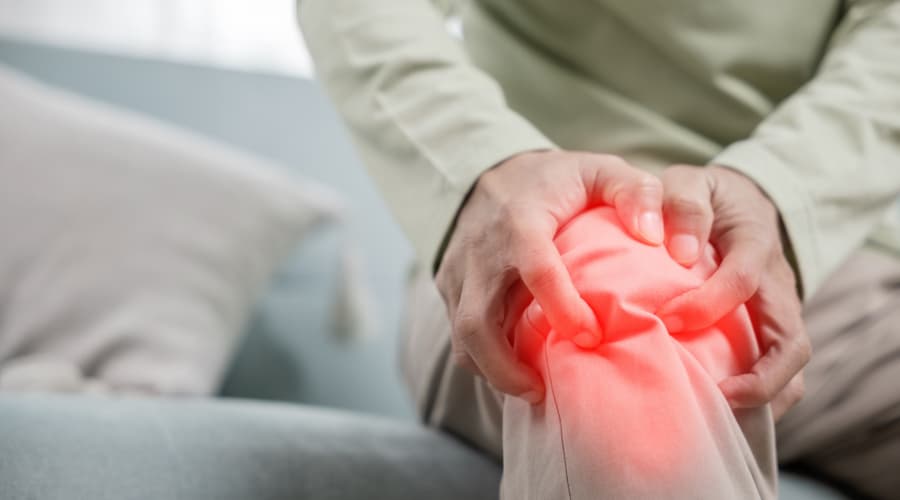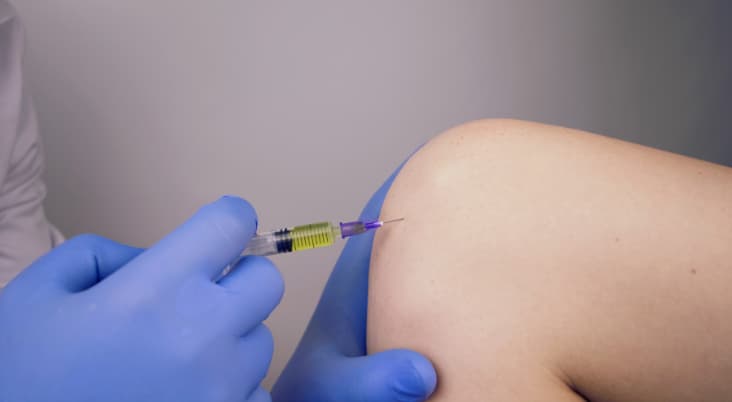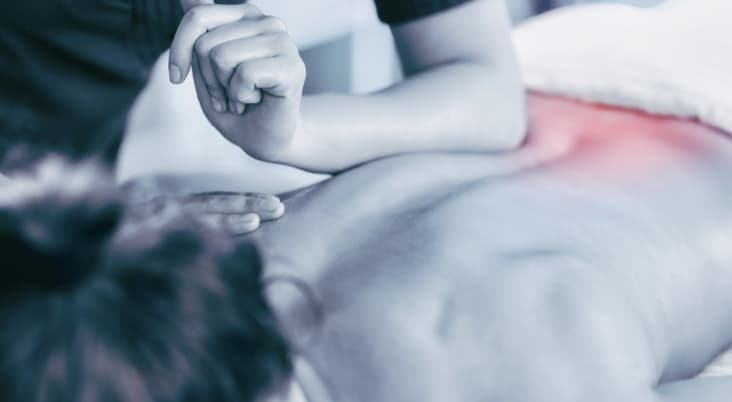Knee pain is an all-too-common complaint among runners, and “runner’s knee,” also known as patellofemoral pain syndrome, tops the list of potential issues. Characterised by discomfort around the kneecap, especially during activities like running downhill, squats, or lunges, a runner’s knee can quickly disrupt training routines and make everyday movements a struggle. At Vale Health Clinic in Tunbridge Wells, we understand the challenges of running with knee pain and offer a holistic approach to get you back on track. Pain-free running is within reach with professional guidance, tailored exercises, and innovative treatments such as guided injections.
Runner’s Knee
Runner’s knee occurs when the kneecap (patella) does not track smoothly within its groove on the femur, causing discomfort, especially during movements that put additional pressure on the knee, such as going downstairs or bending deeply. New research has shown that the patella’s tracking may not be the sole cause. Many individuals with a patella misalignment experience no pain, while those with a runner’s knee might not have significant tracking issues. Instead, the root of the problem often lies in muscle imbalances in the pelvis, hips, or ankles, which affect knee alignment and stability.
Common contributors to runner’s knee include:
- Weak Glute Muscles: Weakness in the gluteus medius or hip muscles can cause the leg to rotate inward, increasing stress on the knee joint.
- Tight Hip Flexors: Tightness in the hip flexors can disrupt leg alignment, leading to an uneven gait and more pressure on the knee.
- Ankle Instability: Limited mobility or weakness in the ankles can also influence how force is distributed across the knee joint.
By addressing these underlying factors, it’s possible to relieve knee pain and prevent future injuries.
Treatment Options for Runner’s Knee
Early treatment for runner’s knee involves managing pain and inflammation. The tried-and-tested R.I.C.E. method (rest, ice, compression, and elevation) is often effective in the initial stages. Over-the-counter pain relief and anti-inflammatory medication may also help. However, once pain subsides, it’s essential to move beyond primary care and focus on rehabilitation.
At Vale Health Clinic, we recommend the following approach for a complete recovery from runner’s knee:
- Professional Assessment: A thorough chiropractor, physiotherapist, or sports therapist assessment can reveal the true source of knee pain. This includes evaluating your gait, posture, and muscle balance, particularly in the hips, knees, and ankles. In some cases, imaging may be recommended to rule out structural issues.
- Strengthening and Stretching Programme: Building strength in the surrounding muscles is key to knee stability. Targeted exercises focus on reactivating weak or underused muscles, especially the glutes and quadriceps. Stretching tight areas, such as the hip flexors and calves, can relieve knee pressure. A professional movement coach or physiotherapist can tailor a programme to suit your body and fitness level.
- Gait and Posture Correction: Poor running form or gait patterns can exacerbate knee pain. Working with a running coach or podiatrist can help correct your running mechanics, ensuring you run with a natural, efficient stride. This is particularly beneficial if you adjust to new surfaces or transition from treadmill running to outdoor paths.
- Trigger Point Therapy: Repetitive stress on the knee can lead to the development of painful trigger points in the surrounding muscles. Manual therapy, such as deep tissue massage or myofascial release, can target these trigger points, improving blood flow, reducing muscle tension, and allowing the knee to move freely.
- Guided Injections: Conservative treatments alone may not provide lasting relief for some patients. At Vale Health Clinic, we offer guided injections to help reduce inflammation, relieve pain, and support joint health in chronic cases of a runner’s knee.
These minimally invasive injections are performed with ultrasound guidance to ensure precise delivery to the affected area:
- Hyaluronic Acid Injections: This natural lubricant cushions the knee joint, reducing friction and easing movement. Hyaluronic acid injections, including options like Durolane and Cingal, can be particularly beneficial for runners with persistent joint discomfort.
- Cortisone Injections: Cortisone is a potent anti-inflammatory agent that can provide rapid pain relief for acute flare-ups of knee pain. While unsuitable for long-term use, cortisone injections can be helpful in specific situations.
Our experienced team will discuss the best injection option based on your pain level, activity goals, and knee condition, helping you find relief without compromising your training.
Tips to Prevent Runner’s Knee
Preventing a runner’s knee requires a proactive approach to running and recovery. Here are some essential tips to help you stay injury-free and enjoy running with confidence:
- Invest in Quality Footwear: Proper running shoes can make all the difference. Ensure your footwear provides adequate support and cushioning for your running style and terrain. A specialist running shop can help assess your gait and suggest the best shoe for your needs.
- Warm Up and Cool Down: Incorporate dynamic stretching and light jogging into your warm-up routine to prepare your muscles and joints for activity. After your run, focus on static stretching to promote flexibility and prevent tightness in key areas like the hips, hamstrings, and calves.
- Cross-Train: Relying solely on running for fitness can lead to overuse injuries. Cross-training with swimming, cycling, or yoga activities can improve overall strength and reduce knee stress.
- Listen to Your Body: Pain often signals something is wrong. If you experience knee pain during or after a run, take a break and allow time for recovery. Continuing to run through pain can worsen the issue and lead to more severe injuries.
Moving Towards a Pain-Free Knee
A runner’s knee can be frustrating, especially when it interferes with your passion for running. However, with the right approach, recovery is possible. At Vale Health Clinic, we combine expertise in diagnosis, physical therapy, and advanced treatments like guided injections to provide a comprehensive solution for knee pain. Our team is committed to helping you return to the activities you love with improved strength, stability, and confidence in your knees.
If knee pain is holding you back from running, book a consultation with us in Tunbridge Wells. Together, we’ll work towards a pain-free knee and a better running experience.
Related Articles
- A Few Reasons You May Have Knee Pain
- Knee Exercises for Pain and Rehabilitation
- Knee Pain FAQs
- Understanding Osteoarthritis of the Knee
- Knee Osteoarthritis (OA) Symptoms and Treatment


